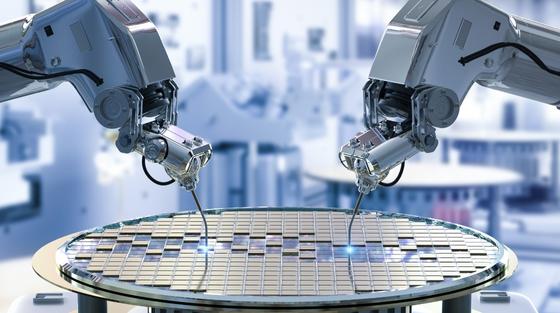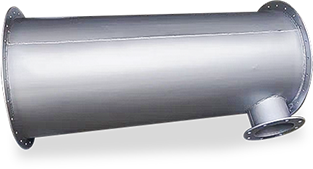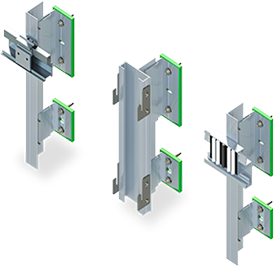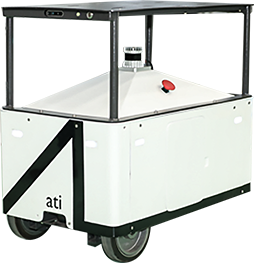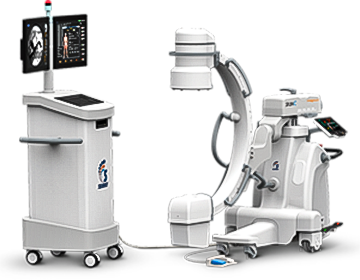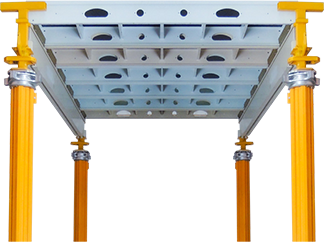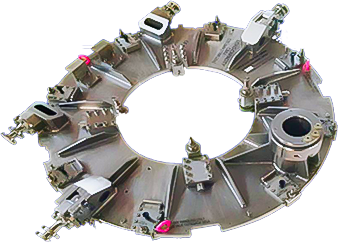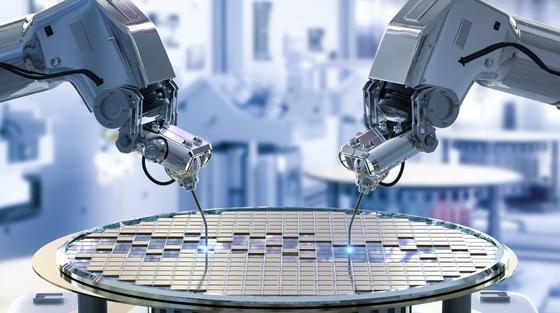
Automation manufacturing powered by industrial robots has penetrated into almost every industrial sector in India. From humanoid robots to industrial robots and disaster response robots, robotics is changing every traditional industry and is uplifting the quality of life for humans.
Increased adoption and rising demand have given birth to numerous companies in the robotics space, along with countless ideas that are shaping the future of automation.
But to make a robot successful, stakeholders need to ensure a high-quality product development cycle that factors in hundreds of reasons that affect the performance and usage of a robot. The right product development in robotics consists of EVT, DVT, and PVT.
Product Development testing methodologies
This blog uncovers these concepts to implement these product development testing methodologies to prepare your robot successfully.
EVT: Engineering validation test – Product development process test
The EVT is the first and one of the most important tests of the process for product development in robotics. Before performing EVT, you need to have a working prototyping model of your robot, which is basically an MVP (minimum viable product).
The engineering team evaluates and tests the functional aspects of the prototype. Typically, a specific number of prototype units are produced and tested for all the functions and movements that the robot is supposed to perform.
Many of the units produced are rejected for issues in functionalities and movements, and if significant challenges are present, version 2 of the robot prototype might have to be created.
Some of the tests involved in EVT include:
- Thermal testing
- Signal transmission testing
- Mechanical testing
- All electronic/electrical testing
- Hardware functional testing
These, along with all other tests that would confirm the functional aspects of the scope of the final robot, are part of the EVT.
DVT: Design validation test – Product development process test
The DVT is the advanced and exhaustive version of testing in the process of product development in robotics that aims to make the prototype ready for mass production. Usually, in this stage, 50-200 units of the product are manufactured, and an assessment of the mass production tools and techniques is done to ensure the end product is as expected and planned.
DVT also includes testing required for different types of compliance certifications, because of which the units produced go through a lot of rigorous testing to remove defects from the product and the manufacturing process used.
DVT also includes DfM (Design for Manufacturing), which helps assess the aesthetic factor of the robot and tests if the manufactured units match the planned aesthetic aspects.
Some of the tests performed during DVT include:
- Functional and movements testing
- Tests linked to compliance certifications
- Impact and durability testing
- Mechanical testing
- DfM (Design for Manufacturing) testing
- Fire and water ingress testing
- DfA (Design for assembly)
PVT: Production validation test – Product development process test
The PVT is the final testing that you perform during product development in robotics before your robot goes into mass production. This product development in robotics stage ensures the product is ready and fit for mass production based on the manufacturing tools and processes you are using.
Because PVT is the final testing step, around 5-15% of the total batch is manufactured during the PVT stage.
The next step after PVT is full-scale mass manufacturing, because of which the objective of PVT is to:
- Mitigate risks involved with large-scale manufacturing
- Assess and fix issues with assembly line performance and speed
- Cost optimisation of the manufacturing process
- Packaging and experience analysis
- Functionality and final DfM analysis
Importance and relevance of EVT, DVT, and PVT
All three testing procedures during product development in robotics involve a lot of steps and efforts from multiple individuals. These testing steps are directly linked to the success of your robot, and missing specific steps in the testing phase can create huge challenges, including batch rejection in particular cases.
As a company, you must analyse and finalise manufacturing partners with proven SOPs (Standard operating procedures) for each testing step. Factors that get influenced by EVT, DVT, and PVT are:
- The final cost of production
- The durability of the end product
- Strength, rigidity, impact resistance
- Compliance certifications
- Aesthetics
- Scalability
- And many other factors
How can Karkhana.io help?
We at Karkhana.io have built our digital manufacturing platform based on challenges companies face in manufacturing their products for small batch and volume production. Karkhana.io’s digital platform, app.karkhana.io, offers an intuitive and simplified experience of ordering custom parts, project management tools, and visibility into the manufacturing journey.
We help robotic startups and robotics companies efficiently execute EVT, DVT, and PVT for scale.
In the case of robotics, we have helped a lot of startups and companies manufacture a variety of robots successfully. Some examples include helping:
- Solinas.in – manufacturing a pipeline crawler bot that inspects underground pipeline leaks, contamination, and other critical defects
- Ati Motors – manufacturing an autonomous, electric tug that moves trolley payloads
- Peer Robotics – manufacturing a Collaborative Mobile Robot for shop floor and inventory warehouse
- WCB Robotics – manufacturing wall climbing robots for window cleaning service provider companies, and
- Rymo – manufacturing a multifunctional physiotherapy device
Our digital manufacturing platform addresses every automation manufacturing need, including end-to-end project management, DfM feedback via our expert engineers, regular QC, audits of suppliers, logistics, payments, solutions for product assembly, product localization, sharing project files within your organization on the platform dashboard, viewing your CAD files, and more.
We are a flexible & scalable manufacturing solutions provider that can cater to all your manufacturing needs.
Our flexible manufacturing services enable us to service client orders of all sizes from small batches to large volumes. We also help many of our clients in solving complex product assembly and localization problems.
We have an extensive, cutting-edge experience with all manufacturing services like CNC machining, 3d printing, Sheet metal fabrication, Injection moulding, and Vacuum casting.
We cater to every manufacturing need across industries like Aerospace, Automation, Automobile, Defence, Drone, Energy, EVs, FMCG, General Engineering, Medical, Oil & Gas, Pharma, and Robotics.
Partner with us to bring speed to your manufacturing. Talk to us about your manufacturing needs by filling up the form below or get in touch with Alay at alay@karkhana.io.
